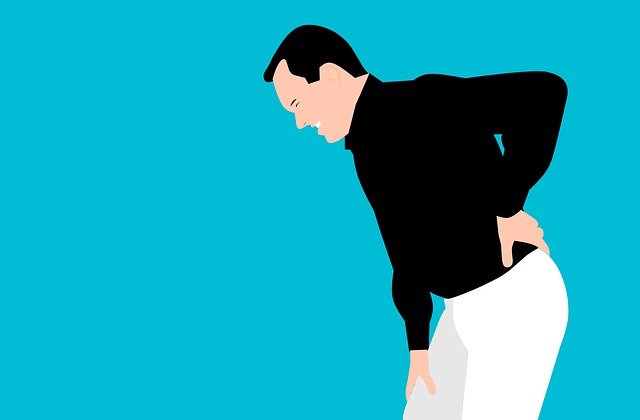
Fibromyalgia’s a long-term chronic illness that causes muscle pain all over as well as fatigue and joint pain. Pain may come and go with no known cause. There are many contributing factors to fibromyalgia including stress, genetics, and other medical conditions. While there’s currently no known cure, there are some forms of relief including lifestyle changes, medications, and other therapies.
How Common Is Fibromyalgia?
Currently, there are an estimated 4 million Americans that have fibromyalgia. This accounts for about 2 percent of the United States population.
Who Can Get Fibromyalgia?
While anyone can get fibromyalgia, statistics show that women are twice as likely as their male counterparts to get fibromyalgia. Children can also get fibromyalgia. As many as 20 percent of those who suffer from fibromyalgia also suffer from other chronic pain disorders including rheumatoid arthritis, sarcoidosis, and lupus.
Symptoms And Causes
While medical experts aren’t sure what the cause is of fibromyalgia, all can agree that it does sometimes run in families. There are also some medical conditions and events that may bring symptoms such as:
- The stress of being born prematurely.
- Traumatic life events.
- Abuse
- Accidents
- Depression, anxiety, PTSD, and other mental health disorders.
- Lack of sleep.
- Lack of exercise.
What Are The Main Symptoms Of Fibromyalgia?
The main symptoms of fibromyalgia are joint pain, widespread muscle pain, fatigue, and poor sleep. Fibromyalgia affects each person differently. Other symptoms may also include:
- Depression or anxiety.
- Digestive issues such as constipation and diarrhoea.
- Jaw or face pain such as temporomandibular disorders.
- Migraines and headaches.
- Memory issues.
- Numbness or tingling of the feet or hands.
What Triggers A Fibromyalgia Attack?
A fibromyalgia attack or flare as they’re often called may be due to increased levels of stress including:
- Changes in your daily routine.
- Poor diet or dietary changes.
- Fluctuations in hormones.
- Lack of quality sleep.
- Work-related stress.
- Illness.
- Emotional stress.
- Sleep pattern changes including working shift rotating shifts.
- Temperature or weather changes.
How Is Fibromyalgia Diagnosed?
While there is no definitive test to use in diagnosing fibromyalgia, the diagnosis is clinically based on a physical exam and the particular symptoms that the patient is having. Blood tests are done to exclude other conditions of fatigue like anaemia or thyroid issues. The diagnosis will also be based upon family history combined with your particular symptoms.
Other factors to consider are as follows: People who have fibromyalgia tend to be more sensitive to things that don’t bother most people. They may also have a lower tolerance to pain. The doctor may assess touch points or tender points on the body that are very sensitive to touch. Widespread pain should be present for at least three months before a diagnosis as well as fatigue and other issues including memory and concentration difficulties. Lack of sleep, depression, and irritability syndrome will also be taken into account.
Management And Treatment
How do doctors manage and treat fibromyalgia? While there isn’t a cure for fibromyalgia, there are several medications and lifestyle changes that can help to alleviate symptoms including:
- Antidepressants.
- Prescriptions and over-the-counter medications for pain.
- Improved sleeping.
- Cognitive-behavioural therapy.
- Stress management.
- Strength training and exercises.
What Are The Complications Of Fibromyalgia?
While fibromyalgia isn’t life-threatening, however, it’s still very challenging as victims are living with fatigue and chronic pain. Left untreated, fibromyalgia can make activities of daily living far more difficult to accomplish. Fibromyalgia is hard to live with, with the extreme fatigue it comes with, making a good night sleep feel near impossible, fibromyalgia and weighted blankets might interest you to help comfort the pain.
Prevention
As experts aren’t sure what causes fibromyalgia, there are as of yet no means to prevent it. However, there are a few steps that people can take to help curb the possibility of fibromyalgia:
- Reduce and minimize stress.
- Eat a healthy diet.
- Make sure to get plenty of sleep.
- Maintain a healthy weight.
- Manage depression and anxiety and other conditions.
- Manage arthritis.
- Remain as active as possible and make sure to get plenty of exercises.
Outlook And Prognosis
For most people who suffer from fibromyalgia, medication and lifestyle changes can help to improve their symptoms. Occasionally symptoms may disappear as stress is reduced. During stressful times it may again rear its head. Some people are unable to work due to fibromyalgia.